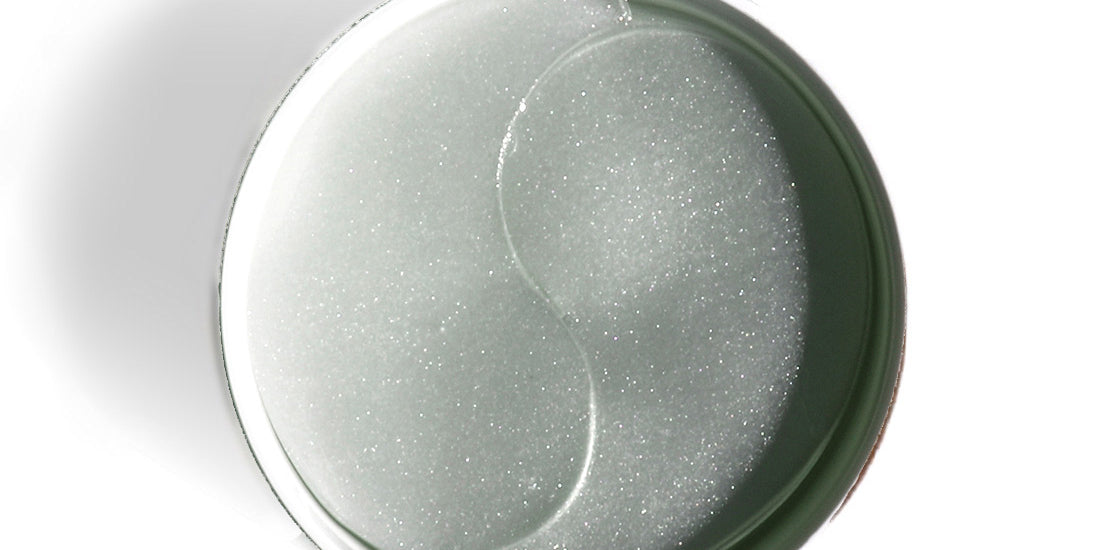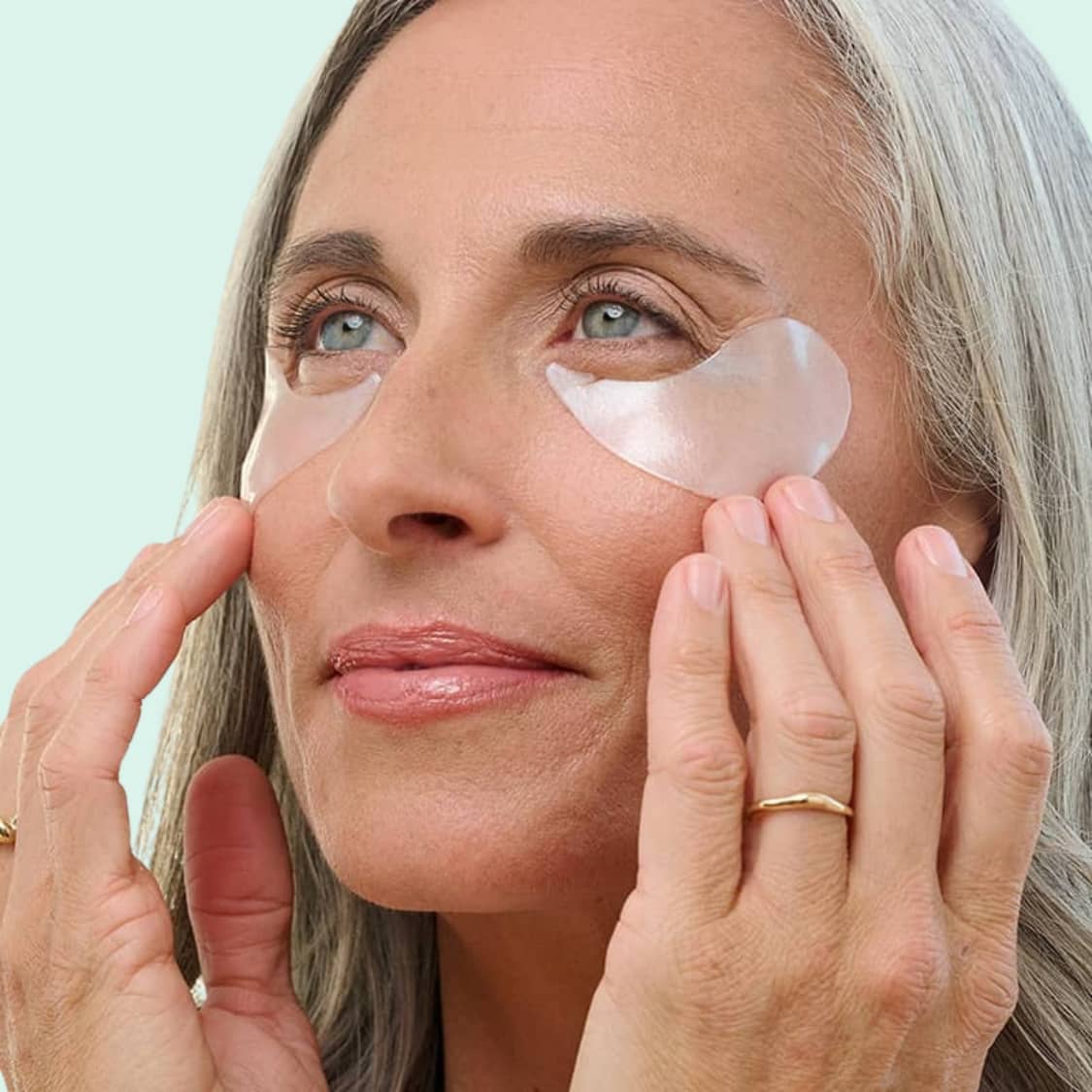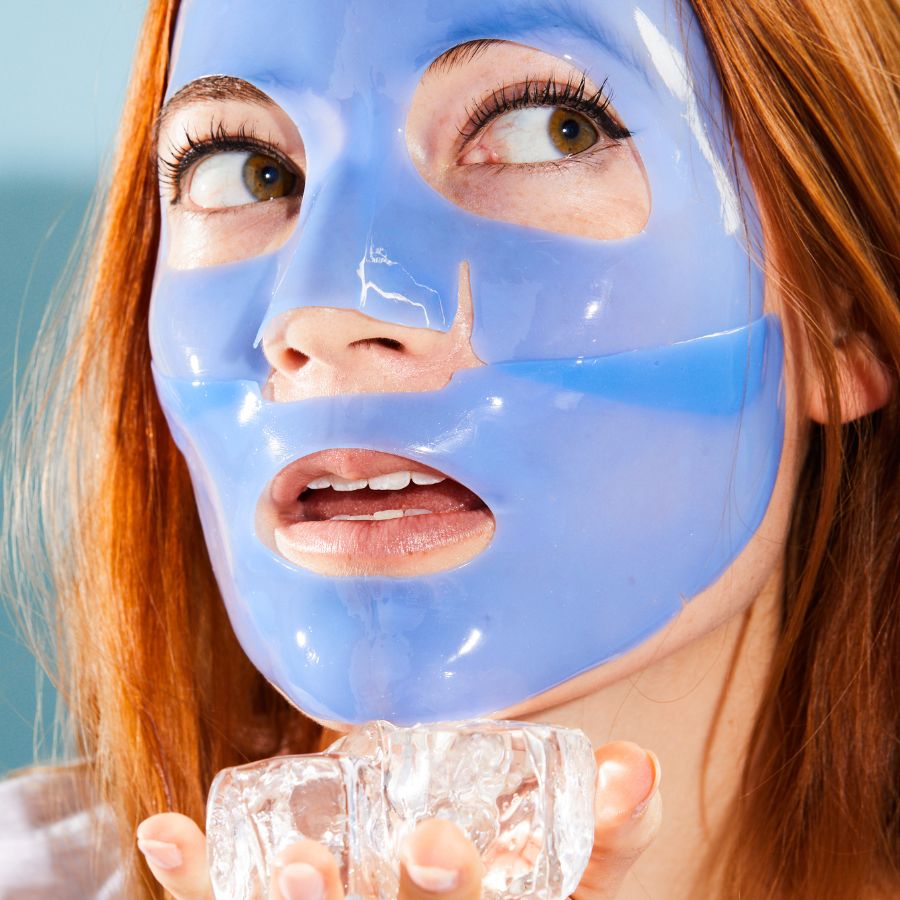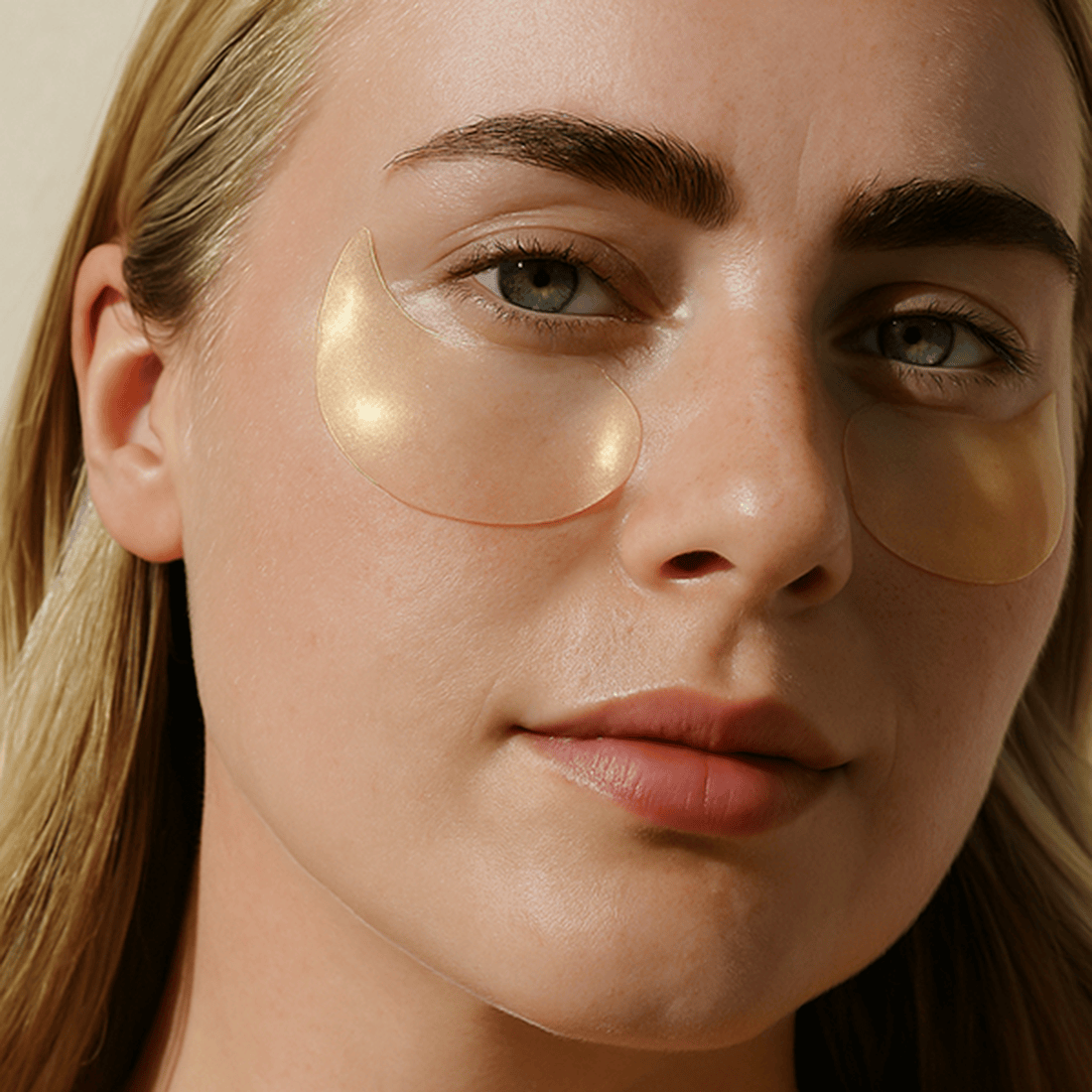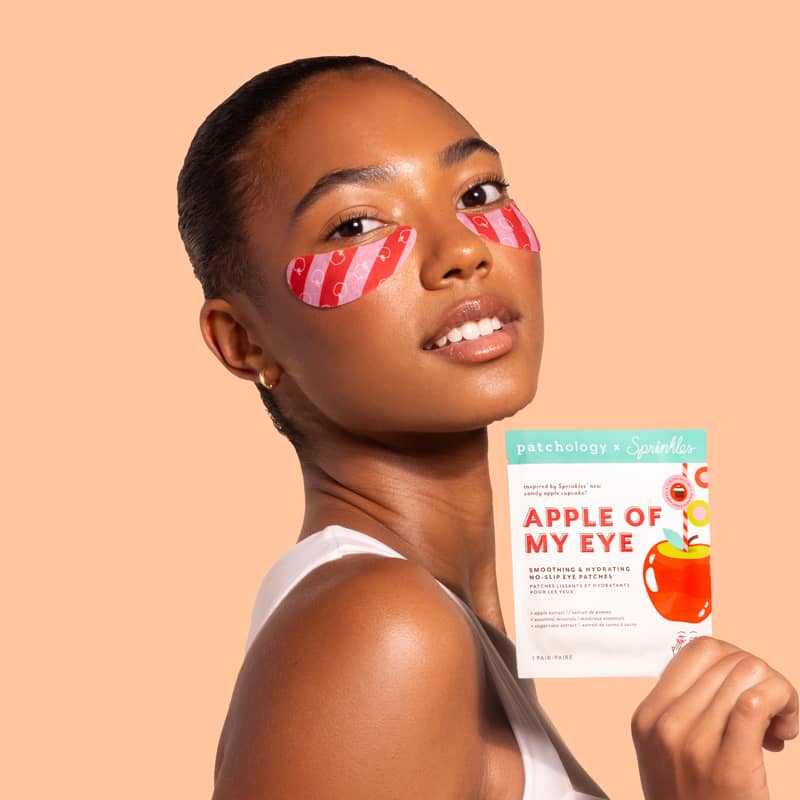6 Benefits of Hyaluronic Acid
A deep dive into one of the most effective hydrating ingredients, transforming skincare routines
In recent years, skincare enthusiasts and experts alike have been raving about the incredible benefits of hyaluronic acid. This powerful ingredient has become a staple in skincare routines across the globe. But what exactly is hyaluronic acid, and why is it so important for your skin? In this article, we will take a deep dive into the world of hyaluronic acid, exploring its six key benefits and shedding light on why it deserves a place in your daily skincare regimen.
Hyaluronic acid is a naturally occurring substance that is found in the body's connective tissues, skin, and eyes. It is a humectant, which means that it attracts and retains water. This makes it an essential ingredient in many skincare products, as it can help to keep the skin hydrated and plump.
There are many benefits of using hyaluronic acid on the skin as discussed by the Cleveland Clinic.
What Makes Hyaluronic Acid a Molecular Marvel?
Hyaluronic acid (HA) isn't actually an acid in the traditional sense—it's a glycosaminoglycan, a complex sugar molecule that exists naturally throughout your body. Think of it as your skin's internal hydration system, a sophisticated moisture-binding network that keeps your complexion plump, resilient, and youthful.
The science behind HA is staggering: this single molecule can hold up to 1,000 times its weight in water. To put this in perspective, one gram of hyaluronic acid can bind nearly one liter of water. This extraordinary capacity makes it one of nature's most effective hydrating agents, far surpassing typical moisturizing ingredients in both power and performance.
Found naturally in your skin's dermal layer, connective tissues, and eyes, hyaluronic acid forms part of your body's extracellular matrix—the structural scaffolding that keeps your skin firm, smooth, and properly hydrated. However, here's the catch: your natural HA production begins declining in your twenties, dropping by approximately 1% each year. By age 50, you've lost nearly half of your skin's hyaluronic acid content, which directly correlates with visible signs of aging.
Some of the Most Important Powers of Hyaluronic Acid:
Hydration: Hyaluronic acid is one of the most effective hydrators available. It can hold up to 1,000 times its weight in water, which means that it can help to keep the skin hydrated for hours. This is because it helps to attract and retain water in the skin.
Anti-aging: Hyaluronic acid can help to reduce the appearance of fine lines and wrinkles. This is because it helps to plump the skin and fill in the gaps between collagen and elastin fibers.
Protection from UV damage: Hyaluronic acid can help to protect the skin from UV damage. This is because it helps to form a barrier on the skin that can block UV rays from penetrating the skin.
What is Hyaluronic Acid?

Hyaluronic acid is a naturally occurring substance found in the human body, particularly in the skin, connective tissues, and eyes. It is a type of glycosaminoglycan, which is a key component of the extracellular matrix, the network of molecules that provide structural support to cells.
In its pure form, hyaluronic acid is a clear, gel-like substance with a remarkable ability to retain moisture. It has the capacity to hold up to 1,000 times its weight in water, making it an excellent hydrating agent, you can read more about this on the Harvard Health article. This hydrating property is what makes hyaluronic acid a popular ingredient in skincare products.
Although hyaluronic acid is naturally produced by the body, its levels decrease as we age. This decline contributes to the loss of skin elasticity and moisture, leading to the formation of fine lines, wrinkles, and sagging skin. By topically applying hyaluronic acid or using skincare products containing this ingredient, we can replenish the skin's moisture levels and help maintain a youthful appearance.
Hyaluronic acid is also involved in various biological functions. It plays a role in wound healing, tissue repair, lubricating joints, and maintaining the health of the eyes. In addition to its moisturizing properties, hyaluronic acid has been studied for its anti-inflammatory and antioxidant effects, further enhancing its potential benefits for the skin.
Overall, hyaluronic acid is a versatile and beneficial ingredient that promotes hydration, firmness, and overall skin health. Its compatibility with different skin types and its ability to address various skin concerns have made it a staple in the skincare industry.
Why is Hyaluronic Acid good for your skin?

Healthline discusses the usefulness of hyaluronic acid as what makes it so magical, “For starters, HA can bind up to 1000 times its weight in water! In other words, it functions as a humectant and holds water molecules onto the surface of your skin to keep it nice and hydrated.”
The Six Scientific Reasons Your Skin Craves Hyaluronic Acid
1. Cellular Hydration at the Molecular Level
Unlike surface moisturizers that simply coat the skin, hyaluronic acid works at the cellular level as a humectant, actively drawing moisture from the environment and deeper skin layers. This creates a multi-dimensional hydration network that maintains optimal moisture balance throughout your skin's layers. The result? Skin that's not just temporarily moisturized, but fundamentally hydrated from within.
The molecular size of HA also matters. Skincare formulations now use multiple molecular weights—high molecular weight HA forms a protective film on the surface, while low molecular weight HA penetrates deeper to hydrate at the cellular level.
2. Collagen Synthesis and Structural Support
Research reveals that hyaluronic acid doesn't just hydrate—it actively stimulates your skin's collagen production. HA molecules interact with your skin's fibroblasts, the cells responsible for producing collagen and elastin. This stimulation helps rebuild your skin's structural matrix, restoring the firm, bouncy texture associated with youthful skin.
Studies show that topical application of hyaluronic acid can increase collagen synthesis by up to 70%, making it a powerful anti-aging ingredient that addresses the root cause of skin aging, not just the symptoms.
3. Advanced Wrinkle Reduction Through Volume Restoration
Fine lines and wrinkles aren't just about collagen loss—they're also about volume depletion. Hyaluronic acid's exceptional water-binding capacity allows it to "plump" the skin from within, physically filling in lines and creating a smoother surface texture. This volumizing effect is immediate and improves with consistent use as your skin's HA levels are replenished.
Clinical studies demonstrate that regular use of hyaluronic acid can reduce the appearance of fine lines by up to 40% within 8 weeks of consistent application.
4. Barrier Function Optimization
Your skin barrier is your first line of defense against environmental damage, pollution, and moisture loss. Hyaluronic acid strengthens this barrier by creating an optimal hydration environment that allows your skin's natural protective mechanisms to function at peak efficiency.
HA helps maintain the skin's pH balance and supports the lipid bilayer structure, creating a resilient barrier that prevents trans-epidermal water loss while allowing essential nutrients to penetrate effectively.
5. Anti-Inflammatory and Healing Properties
Beyond hydration, hyaluronic acid possesses remarkable anti-inflammatory properties. The molecule helps regulate inflammatory responses in the skin, making it invaluable for sensitive, irritated, or compromised skin. HA supports cellular repair processes and accelerates wound healing by creating an optimal moisture environment for tissue regeneration.
This makes hyaluronic acid suitable for all skin types, including sensitive, acne-prone, or reactive skin that might not tolerate other active ingredients.
6. Universal Skin Compatibility
One of hyaluronic acid's most remarkable properties is its biocompatibility. Because it's naturally present in human skin, topical HA is readily recognized and utilized by your skin cells. It's non-comedogenic, non-irritating, and works synergistically with other skincare ingredients rather than competing with them.
Whether you have dry, oily, combination, or sensitive skin, hyaluronic acid adapts to your skin's specific needs, providing customized hydration without disrupting your skin's natural balance.
The Science of Application: Maximizing HA's Potential
Understanding how to properly use hyaluronic acid amplifies its effectiveness:
Layer on Damp Skin: Apply HA to slightly damp skin to give it moisture to bind to. In dry environments, HA can actually draw moisture from deeper skin layers if no external moisture is available.
Follow with Occlusion: Seal in HA with a moisturizer or facial oil to prevent the bound water from evaporating.
Molecular Weight Matters: Look for products containing both high and low molecular weight hyaluronic acid for comprehensive hydration at multiple skin levels.
Concentration Considerations: Effective HA concentrations range from 0.1% to 2%. Higher isn't always better—optimal hydration occurs within this scientifically-proven range.
How to Use Hyaluronic Acid

Hyaluronic acid can be used in a variety of ways. It can be applied to the skin directly, or it can be used in skincare products, such as serums, creams, eye gels, and sheet masks.
If you are using hyaluronic acid directly on the skin, it is important to apply it to damp skin. This will help the hyaluronic acid to absorb better. You can also apply hyaluronic acid to the skin before applying makeup. This will help to keep the makeup from caking and will give your skin a more radiant appearance.
If you are using hyaluronic acid in skincare products, it is important to choose products that are formulated for your skin type. If you have dry skin, you will want to choose products that contain high levels of hyaluronic acid. If you have oily skin, you will want to choose products that contain lower levels of hyaluronic acid.
What to look for in Hyaluronic Acid skincare products

Additional Ingredients: Consider the other ingredients present in the product. Hyaluronic acid can be combined with other beneficial ingredients to enhance its effects. Look for products that contain hydrating agents like glycerin or ceramides, antioxidants such as vitamin C or E, and soothing ingredients like aloe vera or chamomile extract. These combinations can provide additional benefits and synergistic effects for your skin.
Product Formulation: Take into account the formulation and texture of the product. Hyaluronic acid can be found in various formulations such as serums, creams, gels, or sheet masks. Choose a formulation that suits your skin type and preferences. For example, if you have oily skin, a lightweight gel or serum might be more suitable, while those with dry skin may prefer a richer cream or moisturizer.
Packaging: Opt for products that come in air-tight and opaque packaging. Hyaluronic acid is sensitive to light and air, which can degrade its effectiveness over time. Look for products packaged in airless pumps or dark containers that minimize exposure to light and air, ensuring the hyaluronic acid remains stable and potent.
Hyaluronic Acid Featured Patchology Products
We have a variety of Hyaluronic Acid products, including:
FlashMasque Hydrate 5-Minute Sheet Mask

This Hydrate mask delivers Hyaluronic Acid and Vitamin B5 to your skin quickly and effectively, helping to reduce dryness and reinvigorate your skin in as little as five minutes. It’s ideal to restore moisture to you skin after traveling or to use following our Detox Smartmud mask.
Ingredients:
- Hyaluronic acid: hydrates skin to help improve elasticity
- Vitamin B5: softens, smooths and moisturizes
- Betaine: helps skin retain moisture for superior hydration
Serve Chilled Rosé Eye Gels
These patches are infused with Hyaluronic Acid, Resveratrol, Vitamin C, folic acid, and natural extracts to provide ultra-hydration for your undereyes.
Rejuvenating Eye Gels. These eye gels are infused with Hyaluronic Acid, Caffeine, and Hydrolyzed Collagen to help reduce puffiness, dark circles, and wrinkles.
Ingredients:
- Hyaluronic acid: hydrates skin to help improve elasticity
- Strawberry extract: a rich source of Vitamin C and folic acid, helps protect skin from free radicals while also softening the skin
- Resveratrol: a natural antioxidant found in grapes that helps protect skin and calm inflammation

Serve Chilled Rosé Sheet Mask
This mask helps to renew and restore the skin, leaving it feeling refreshed and rejuvenated. Our Rosé mask contains Hyaluronic Acid, plus its packed with vitamin C and folic acid, Resveratrol, and Strawberry Extract is a natural powerhouse that helps protect your skin from harmful free radicals.
Ingredients:
- Hyaluronic acid: hydrates skin to help improve elasticity
- Strawberry extract: a rich source of vitamin C and folic acid, helps protect skin from free radicals while also softening the skin
- Resveratrol: a natural antioxidant found in grapes that helps protect skin and calm inflammation
Are there side effects of using Hyaluronic Acid?
When used topically or in skincare products, hyaluronic acid is generally considered safe for most individuals. It is well-tolerated and rarely causes any adverse effects. However, there are a few things to keep in mind and watch out for:
Allergic Reactions: Although rare, some individuals may be allergic or sensitive to hyaluronic acid. If you have a known allergy to hyaluronic acid or experience signs of an allergic reaction such as itching, redness, swelling, or hives after using a product containing hyaluronic acid, discontinue use.
Skin Irritation: In some cases, hyaluronic acid may cause mild skin irritation, especially if used in high concentrations or combined with other irritating ingredients. If you notice any signs of irritation, such as redness, itching, or a burning sensation, it's advisable to decrease the frequency of use or switch to a product with a lower concentration of hyaluronic acid.
Hydration Levels: Hyaluronic acid is a humectant, which means it draws moisture from the environment and can potentially pull water from deeper layers of the skin if the surrounding environment is dry. To avoid this, it is important to apply hyaluronic acid on damp skin and follow up with a moisturizer to seal in the hydration. Additionally, in very dry climates, it may be beneficial to use a humidifier to increase the moisture levels in the air.
Sun Protection: Hyaluronic acid itself does not provide sun protection. Therefore, it's important to use sunscreen with an adequate SPF alongside hyaluronic acid products, especially during daytime use. This helps to protect the skin from harmful UV rays and prevent photoaging.
As with any new skincare product, it's recommended to perform a patch test before using hyaluronic acid on your face or body. If you have senstive skin, apply a small amount of the product to a small area of skin and observe for any adverse reactions over a 24-hour period.
If you have any concerns or specific skin conditions, it is always wise to consult with a dermatologist before incorporating hyaluronic acid or any new skincare product into your routine. They can provide personalized advice based on your unique needs.
Wrap Up
Hyaluronic acid is undoubtedly a skincare hero, offering a multitude of benefits for your skin. Its hydrating, firming, and soothing properties make it a valuable addition to any skincare routine. By incorporating hyaluronic acid into your daily regimen, you can enjoy intensely moisturized, plump, and youthful-looking skin. So, embrace the power of hyaluronic acid and unlock its incredible potential for a healthy and radiant complexion.
Hyaluronic acid is a versatile and effective ingredient that can be used to improve the appearance of the skin. If you are looking for a way to keep your skin hydrated, plump, and wrinkle-free, hyaluronic acid is a great option.
Here are some additional tips for using hyaluronic acid:
- Look for products that contain hyaluronic acid as the first ingredient
- Apply hyaluronic acid to damp skin
- Use hyaluronic acid products in the morning and evening
- Follow up with a moisturizer to seal in the hydration



